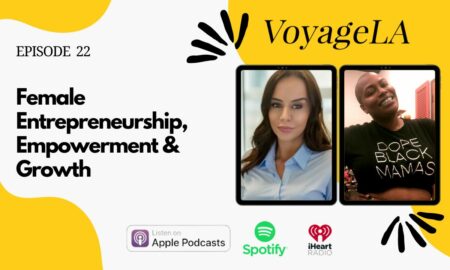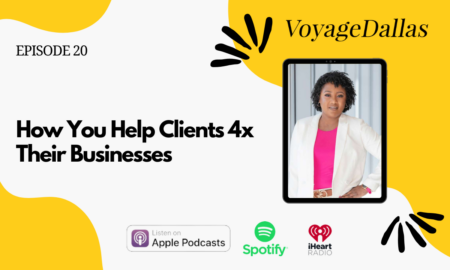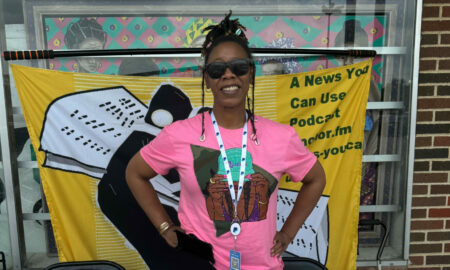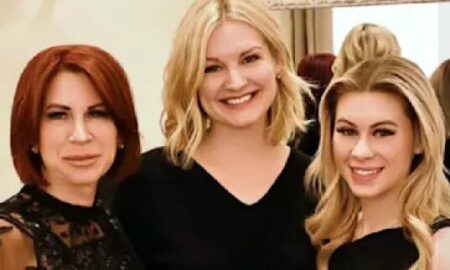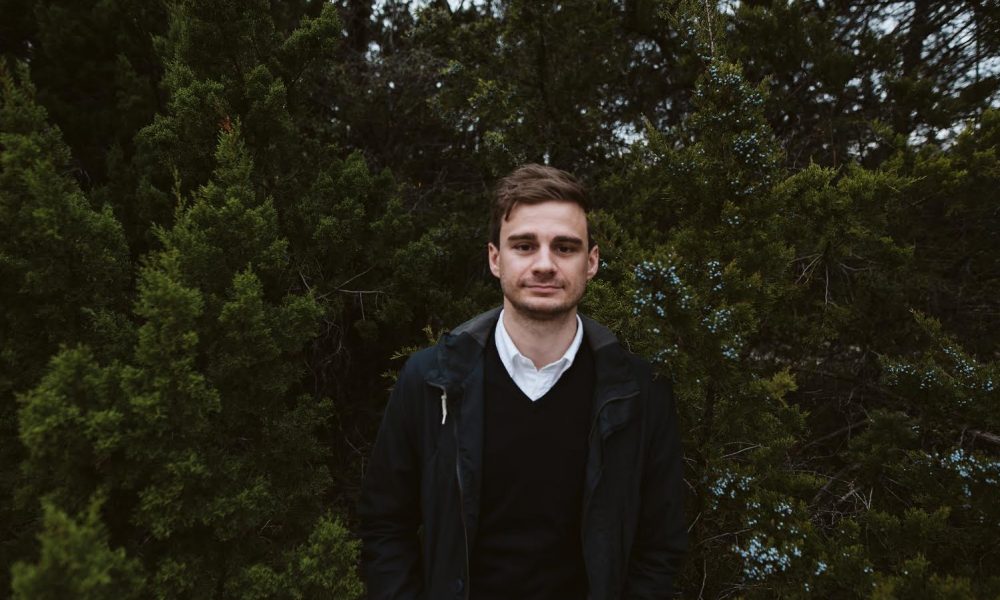

Today we’d like to introduce you to Nathaniel Strenger.
Thanks for sharing your story with us Nathaniel. So, let’s start at the beginning and we can move on from there.
I’m a psychologist in clinical practice. And I like books, movies, and music. And I’ll tell you, as a psychologist, often what I find compelling about these is location. Stories are an interweaving of people, relationships, and locations. Cities, states, and regions can take on a life of their own and leave their mark on any story. So, with that in mind, I’ll share in terms of locations.
I grew up near Minneapolis, Minnesota. This is a city evoking a lot across the world right now. I feel devastated by recent events, yet I also know the ways the region left its mark on me. Awareness of one’s neighbor, appreciation for ritual, and the use of food for its power to gather people are all sensibilities of the region. They remain with me one way or another. I then moved to Chicago, where I spent much of my budding adult years. I love that city, and it holds a romantic place in my heart. My Chicago period instilled in me a lasting love of language, a fascination with roots music like jazz and blues, and an embrace of the darker, brooding spaces of life.
Then on to Los Angeles where I completed my doctoral training in clinical psychology. Thanks to the nature of my professional training, L.A. is where matters of spirituality and mental health became inseparable in my mind. The city itself showed me what diversity bound by shared community can look like, and it taught me the ways that creativity enlivens individual existence. Therapy is a creative expression for doctor and patient alike.
And now I am in Texas. Who would have thought? When I take moments of self-reflection, I see the ways that this location offers an anchoring sense of group identity. Texans are Texans, and I join the throng with a background unique to me. I’m finding that here there is a strong spirit of local pride that ties together the different parts of myself into a more integrated person. This integration process, however someone cultivates it, is so important to therapy no matter what side of the couch you occupy.
We’re always bombarded by how great it is to pursue your passion, etc – but we’ve spoken with enough people to know that it’s not always easy. Overall, would you say things have been easy for you?
Every life is peppered with challenges both familiar and novel. This is not to say that I try to ignore the advantages I have inherited. But my story, as I reflect on it, is not without encounters that have been challenging to me. I think the best way to capture them is with the word integration. This is a big word at my office. As a clinician, I long to integrate a fragmented community, and I also try and assist others as they integrate conflictual parts of themselves as individuals too. Don’t forget, though, a psychologist is a human being too. I’ve had my own work to do, and I am a pained witness to the fractures in our community as well. Even with recent happenings around us, crises of faith and self-understanding, questions of the security of the society in which I live, and painful reflections on my own contributions to social fractures shake my sense of myself. Being a psychologist, my humanity is my primary tool of trade. So extra energy is required to ensure I am a help to others during such times.
We’d love to hear more about the organization.
I am very fortunate to be in practice at an organization, a community really, that has been serving Dallas for more than 50 years. The Center for Integrative Counseling and Psychology–we go by The Center–is a multidisciplinary, non-profit organization committed to providing comprehensive mental health care to North and Central Texas. We provide psychotherapy, psychological evaluation, professional training, and public education in efforts to create a culture of care around us. Moreover, we very much try to occupy the space found at the intersection of sophisticated mental health care and profound spiritual competence. Our work also intersects every major part of life – education, work, faith, and physical health. We collaborate across sectors of society – churches/faith communities, health care systems, businesses, schools from Pre-K to universities, community nonprofits, and the legal system.
The Center has stood at these intersections since its inception, helping people find hope and order in their lives as they face challenges ranging from trauma, marital conflict, abuse, academic need, addiction, suicide, and loss. Making mental health care accessible is at the core of our mission. With 31 locations, the strength of The Center is in its partnerships with churches, schools, physicians, universities, and other nonprofits. To best reach communities among us with less access to mental health care, we developed the Partnerships for Accessible Counseling and Training (PACT) program at 11 nonprofit locations in West Dallas, Pleasant Grove and beyond. It’s an innovative group that provides counseling in underserved communities.
At the Center, I work as a licensed psychologist and the Director of Clinical Advancement. So, I provide psychotherapy and evaluation, and I also serve to facilitate the ongoing training of our licensed staff of 30 or so clinicians. Though I work with folks encountering a wide swath of challenges, I’d say my practice has found a few emphases. I do work a lot with young males, both in therapy and evaluation. This can mean coming alongside kids, teens, and their parents. Concerns of trauma, regardless of type, has become a clinical passion of mine as it has for many. And, I will say, people often come to me wishing to discuss life circumstances involving their faith.
Though I have a lot to be proud of here, as I write today, I’m especially proud of how our Center quickly transitioned to 100% tele-counseling before the COVID shutdown. It was important to us that no one missed a counseling session when they needed it the most, including those who are living with fewer resources.
What were you like growing up?
My experience in my family, as I recall it, was very much oriented around music, reading, art, and faith. My parents were both musically inclined and held strong religious convictions rooted in the Protestant Christian tradition. Museums, theaters, symphonies, music lessons, and weekly church engagements were part of the household routine. As a consequence, I think I was a kid with more appreciation for the intangibles than the tangibles of life. Though I was participant in athletics, I never thought of myself as particularly inclined that way. My gifts and interests seemed much more to emphasize expression of and sensitivity to those forces and experiences of existence that are difficult to touch or express: Feelings, relationships, symbols, spirituality, the impacts of art and conversation. This is probably why I wound up approaching clinical work the way that I do. While tangibles are certainly helpful, the core of my work with folks lies in creativity, story, and feeling.
Contact Info:
- Address: 4305 MacArthur Avenue
- Website: thecentercounseling.org
- Phone: 214-526-4525
- Email: news@thecentercounseling.org
- Instagram: http://www.instagram.com/thecentercounseling
- Facebook: www.facebook.com/thecentercounseling
- Twitter: @mentalhealthNTX
 Image Credit:
Image Credit:
Cate
Suggest a story: VoyageDallas is built on recommendations from the community; it’s how we uncover hidden gems, so if you or someone you know deserves recognition please let us know here.












